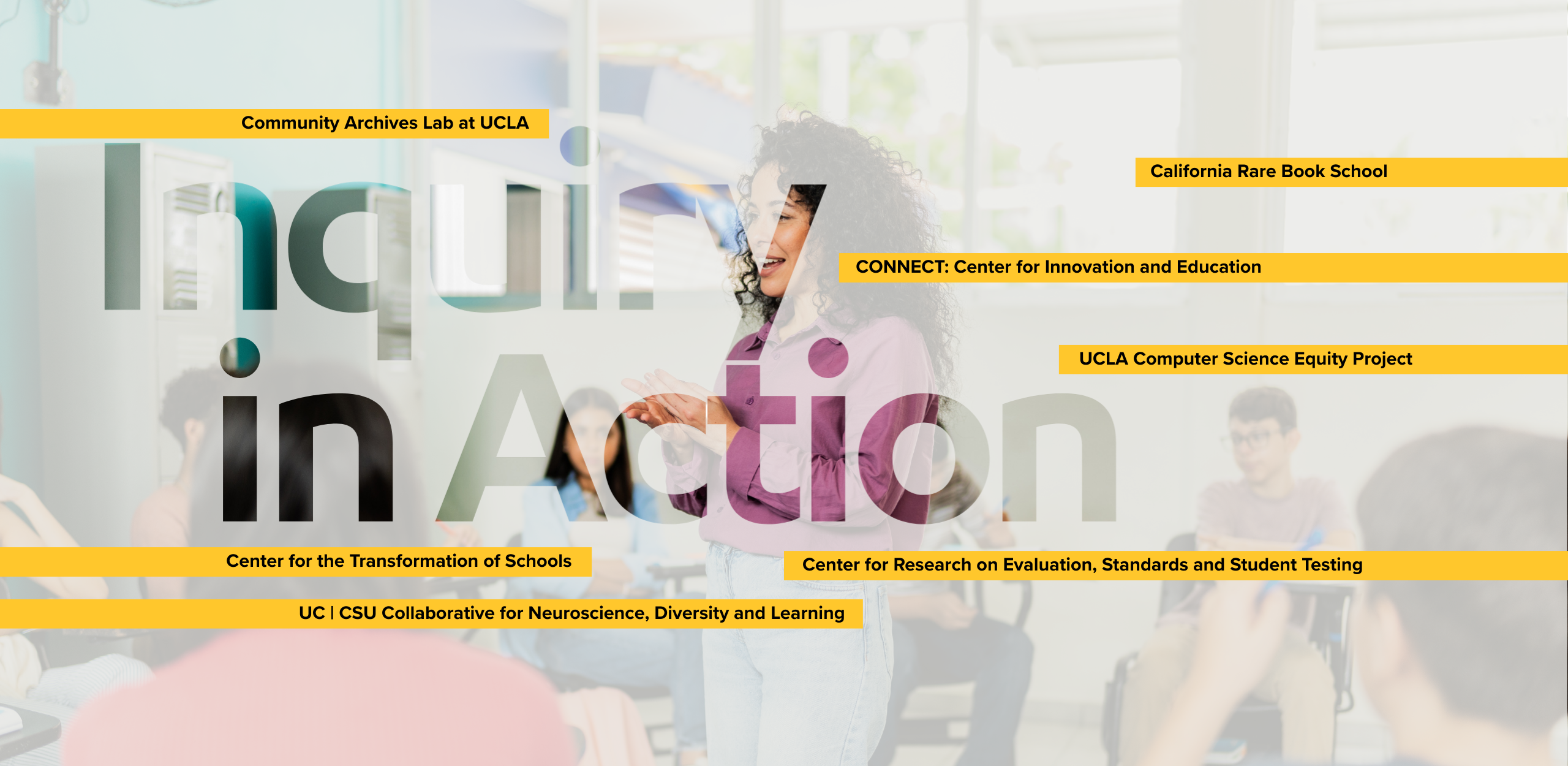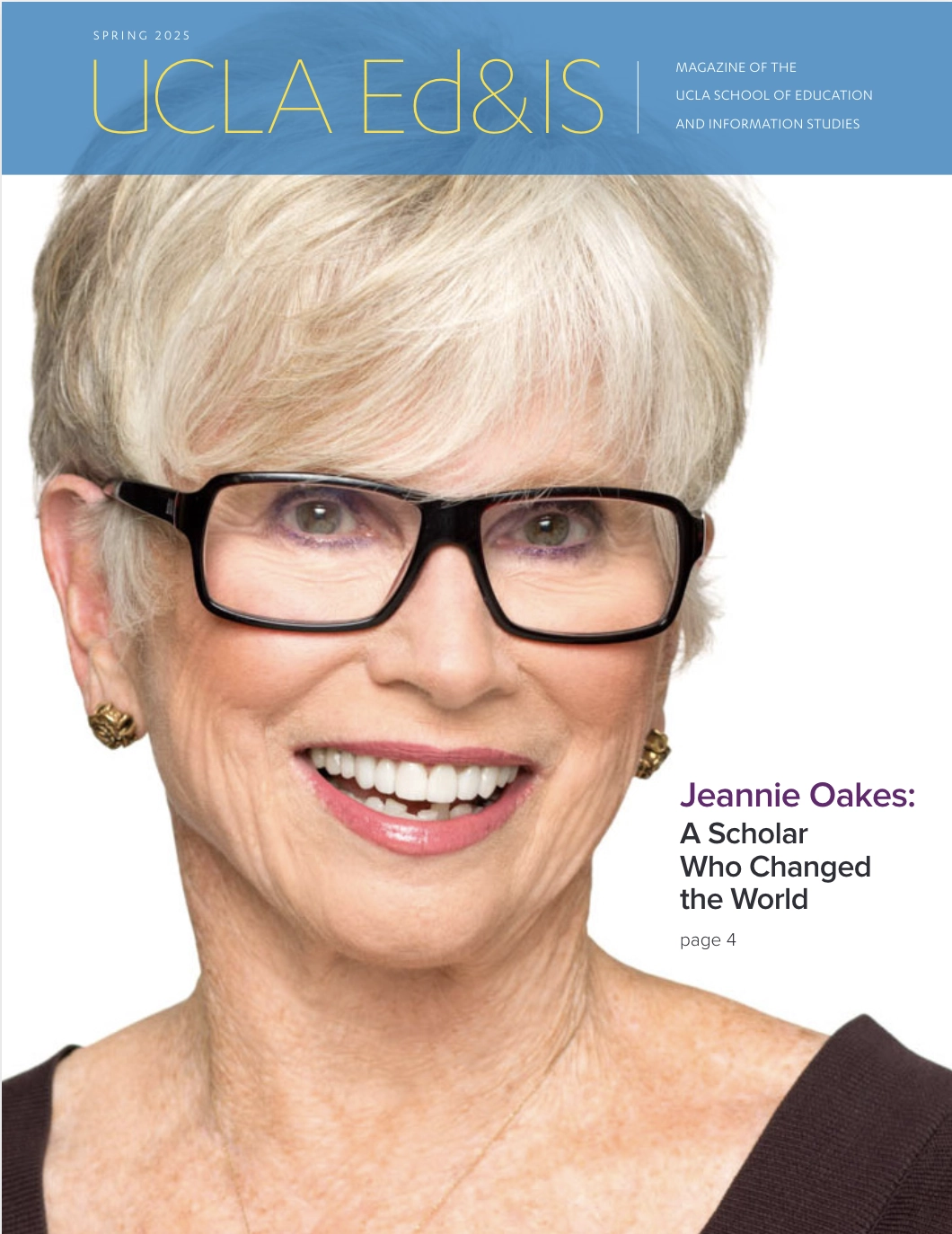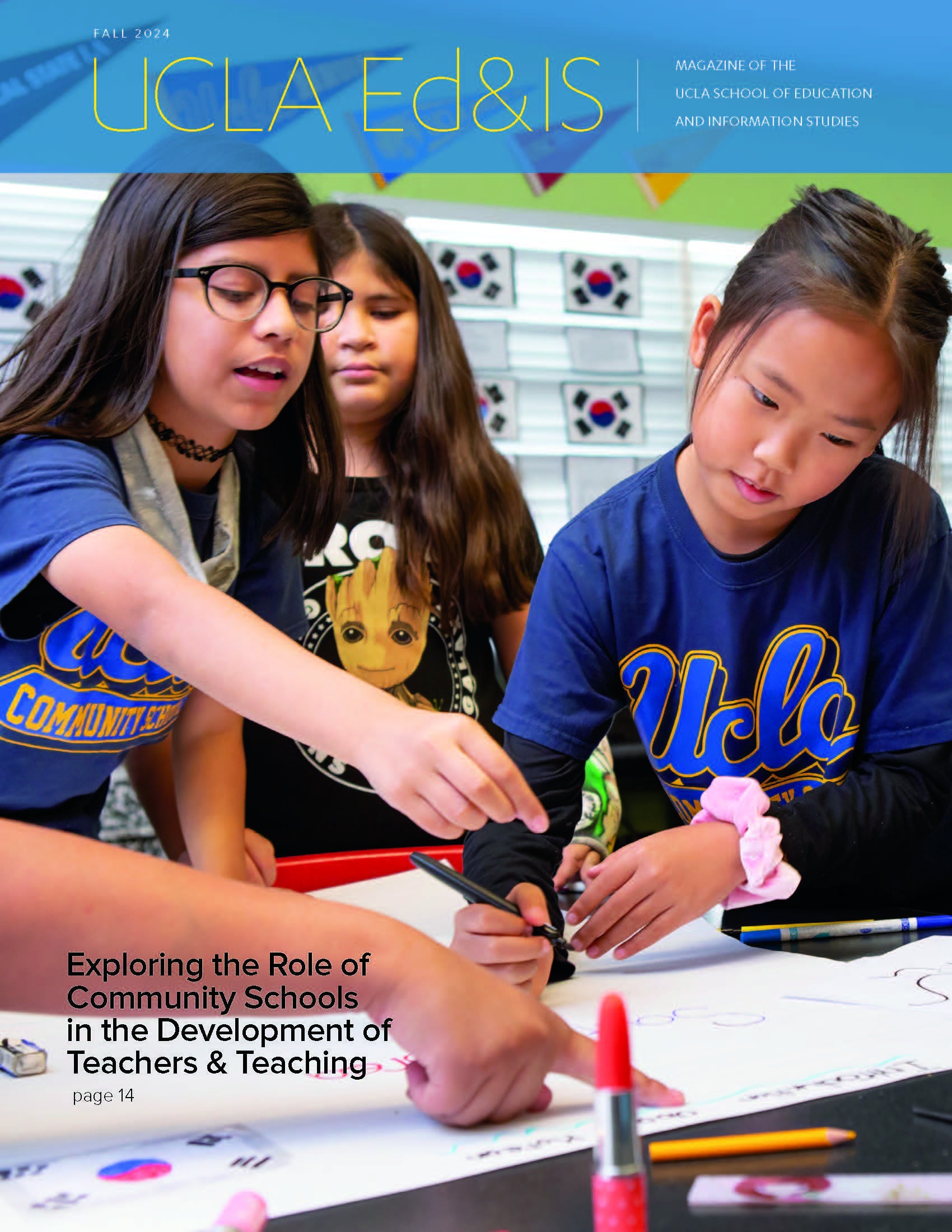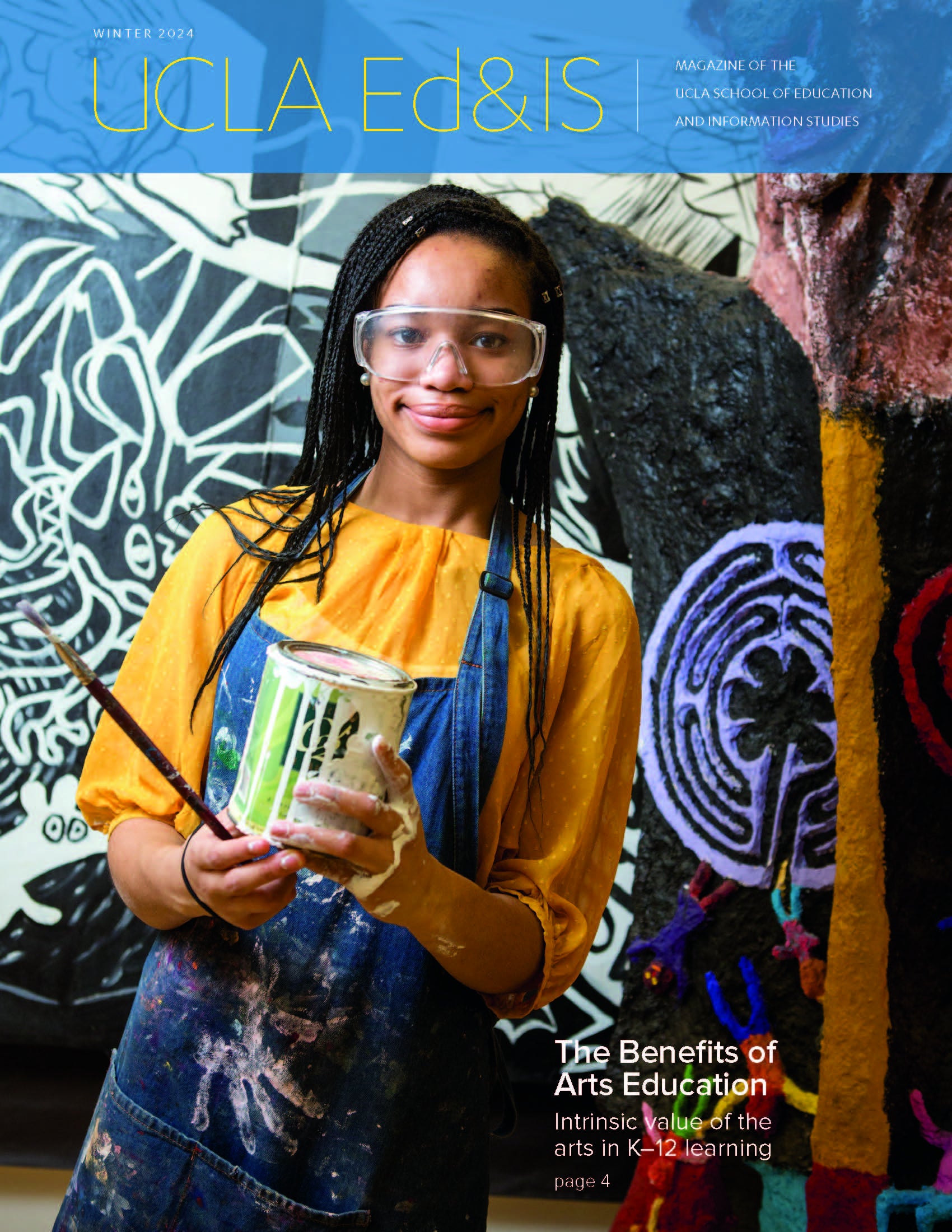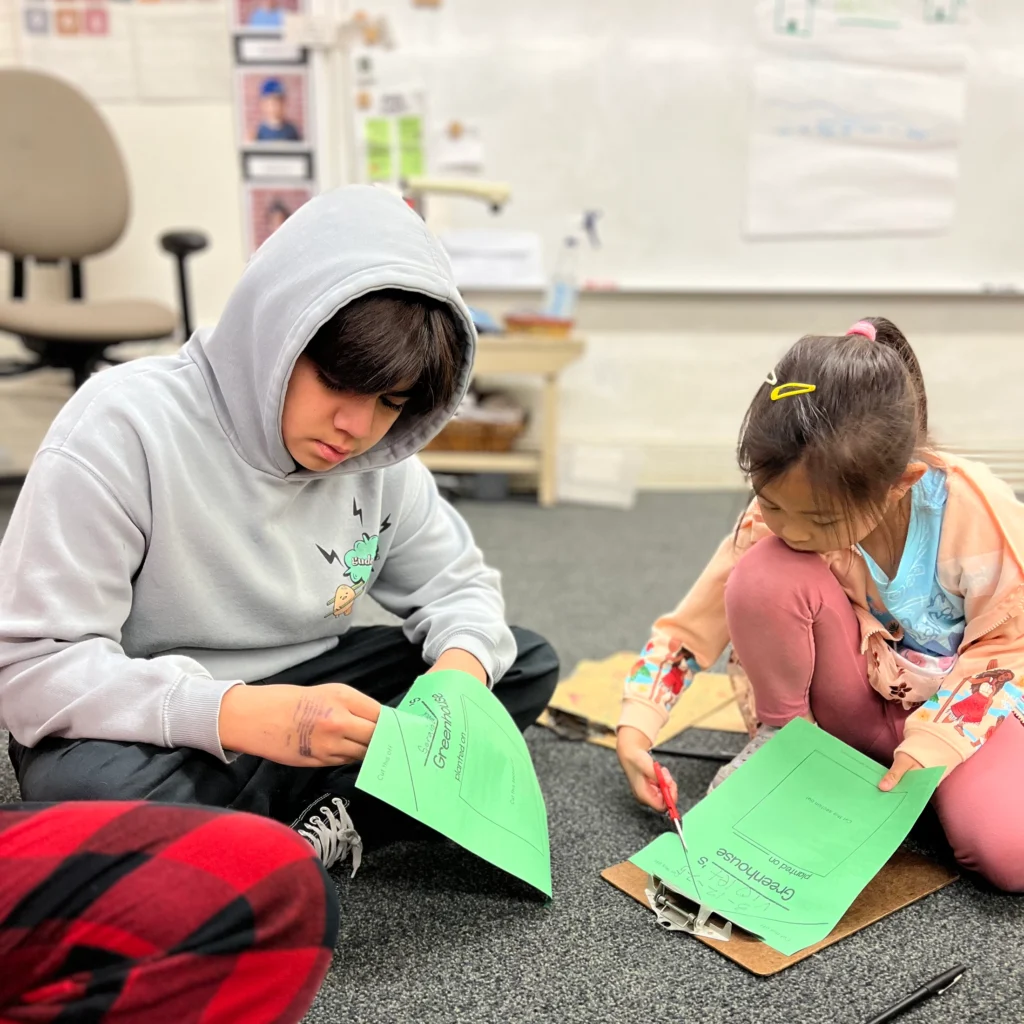
From the Ground Up: Youth-Led Research With CONNECT Creates Environmental Learning at UCLA Lab School
At UCLA Lab School, classrooms double as research laboratories — places where teachers, students, and university researchers collaborate to reimagine how children learn. Through UCLA CONNECT, these partnerships have sparked discoveries that reach far beyond one campus, influencing how educators nationwide think about teaching, learning, and equity.
Read the article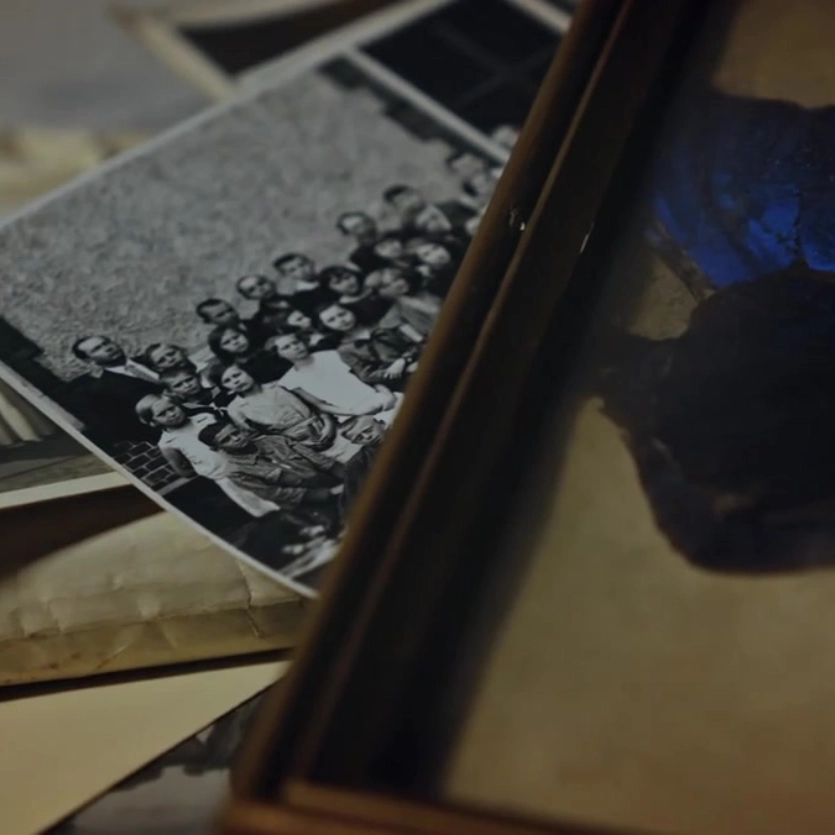
Community Archives Lab: Marginalized Populations and Research Work Together to Preserve Little-Known Histories
The UCLA Community Archives Lab explores the ways that independent, identity-based memory organizations document, shape, and provide access to the histories of minoritized communities.
Read the article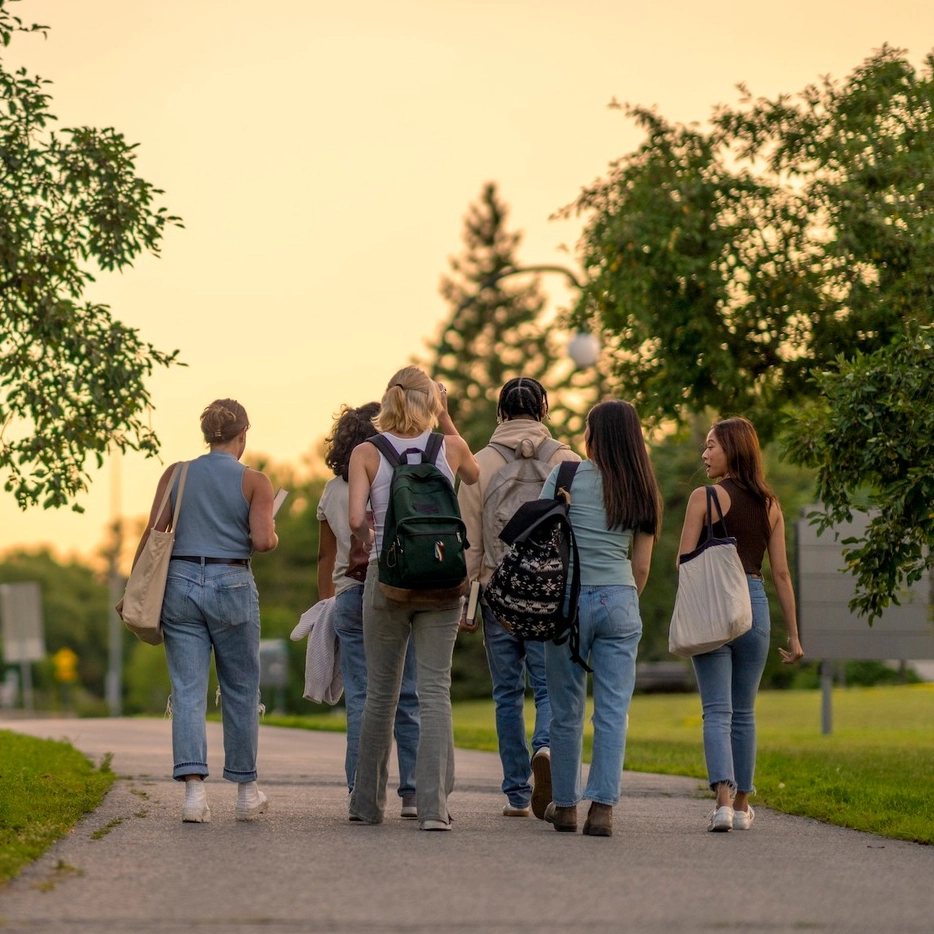
The Pursuit of Truth: The Impact of CRESST’s Research
A look at how the National Center for Research on Evaluation, Standards, and Student Testing (CRESST) at UCLA converts complex concepts into actionable plans of educational practice.
Read the article
California Rare Book School Goes Global
UCLA’s signature program for rare book professionals turns 20, providing cross-cultural exchange and comparative learning.
Read the article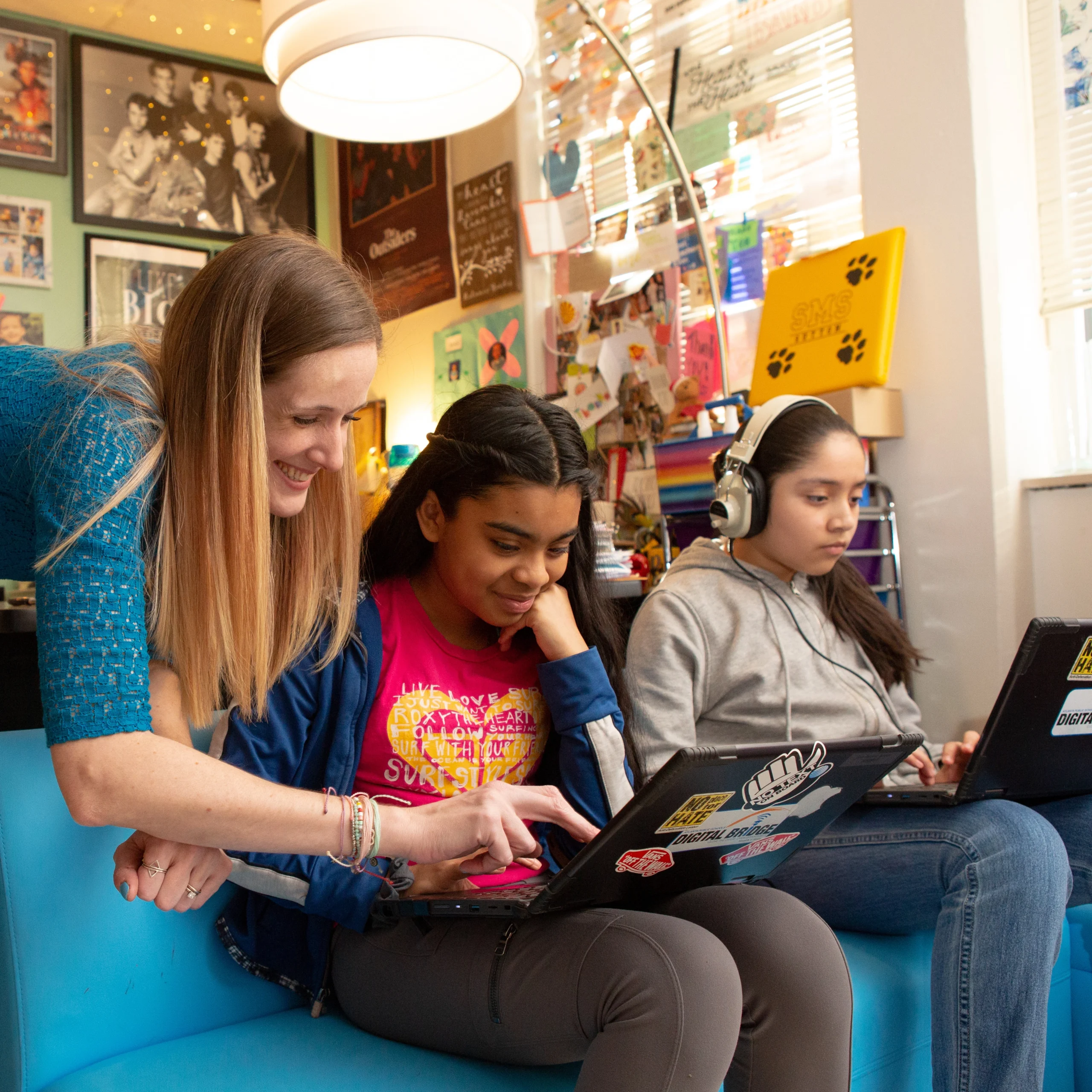
Transforming Access: The Computer Science Equity Project at UCLA
The UCLA Computer Science Equity Project is working to increase female participation in computer science among K-12 students. With a focus on equity, the program is engaged in significant research that informs and shapes educational practice and public policy to increase access to high-quality K-12 computer science education.
Read the article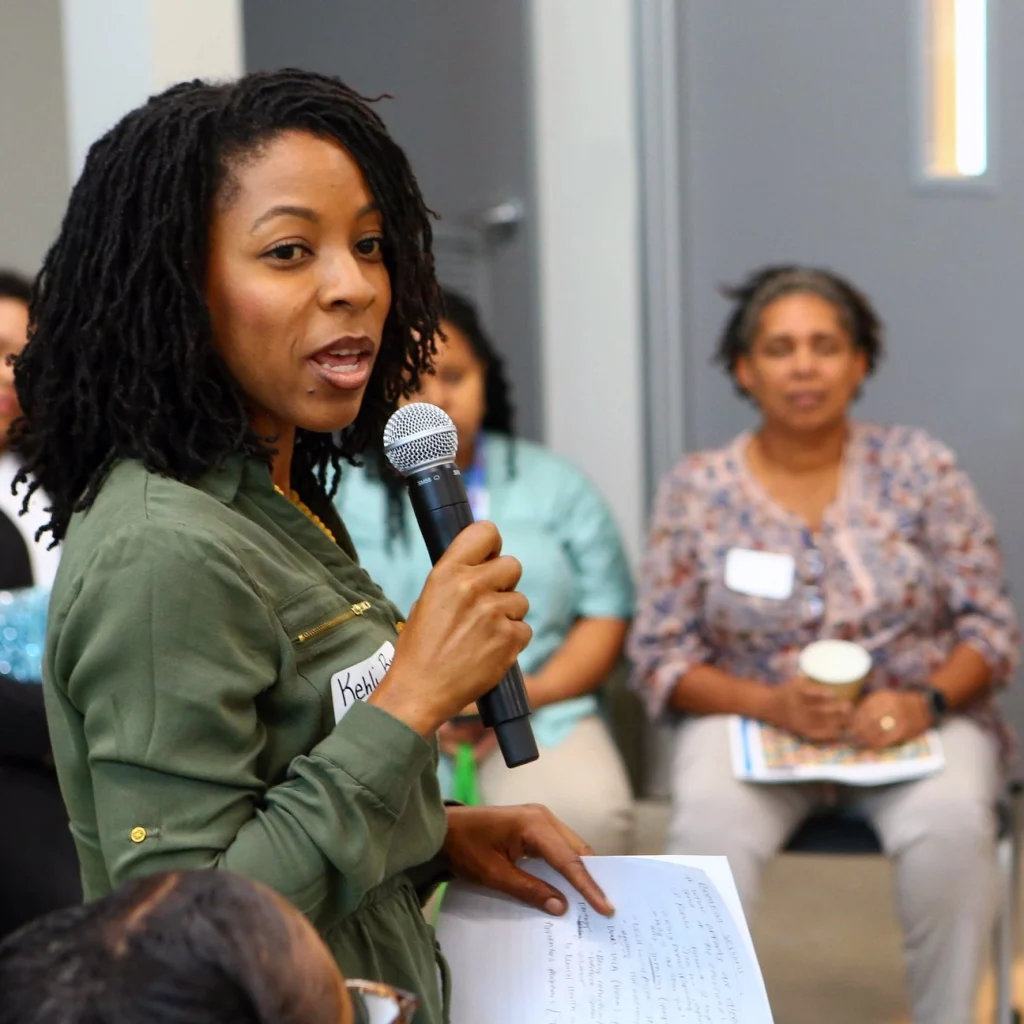
Research to Fuel Systems Change: The UCLA Center for the Transformation of Schools
The Center for the Transformation of Schools is dedicated to partnering with the education ecosystem to bring about systems change through Humanizing Research, Validating Practices, and Transformative Policies with key stakeholders to support equitable educational outcomes for students.
Read the article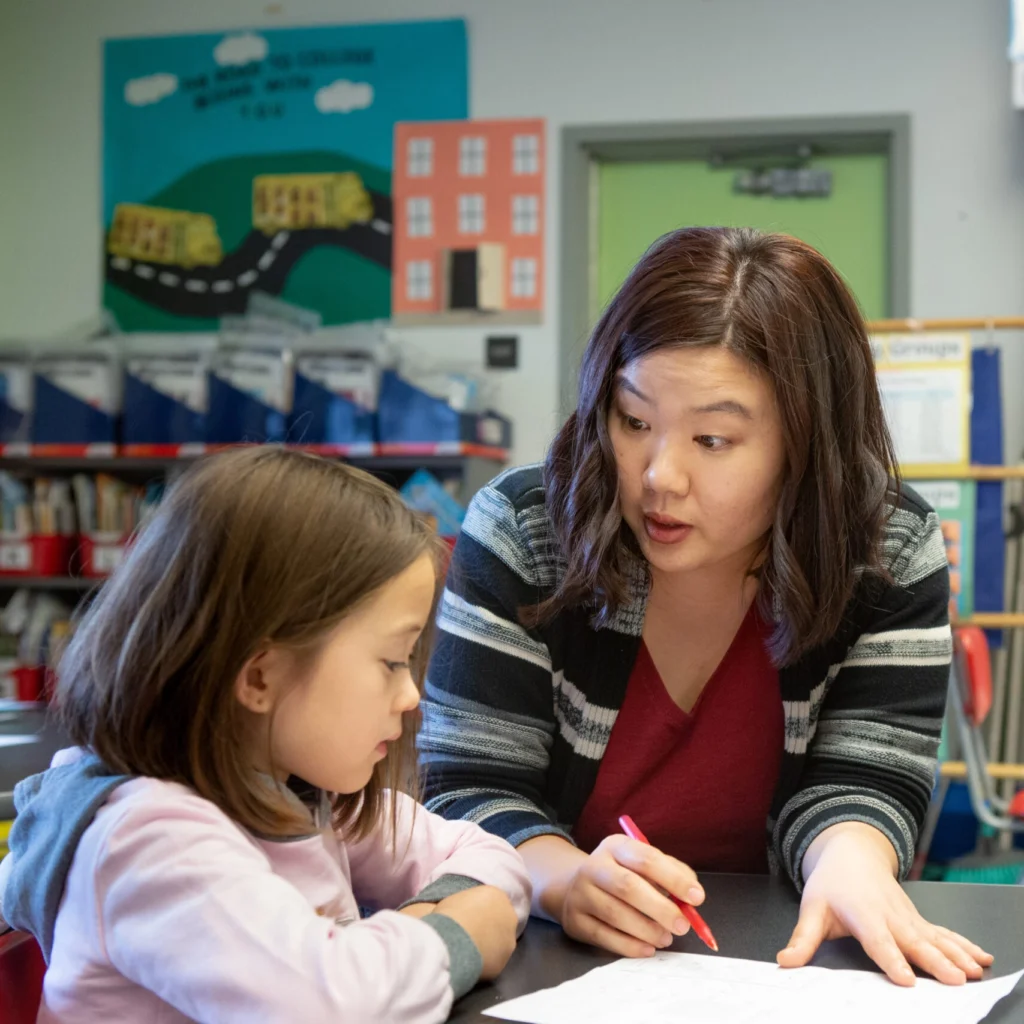
UC|CSU Collaborative for Neuroscience, Diversity, and Learning: Supporting Diverse Learners Through Evidence-Based Practices
UC|CSU Collaborative for Neuroscience, Diversity, and Learning—a statewide partnership–is bringing the science of how students learn directly into the hands of educators and communities. By connecting cutting-edge research with everyday practice, the Collaborative is helping ensure that every child, in every corner of the state, has the chance to thrive.
Read Full Article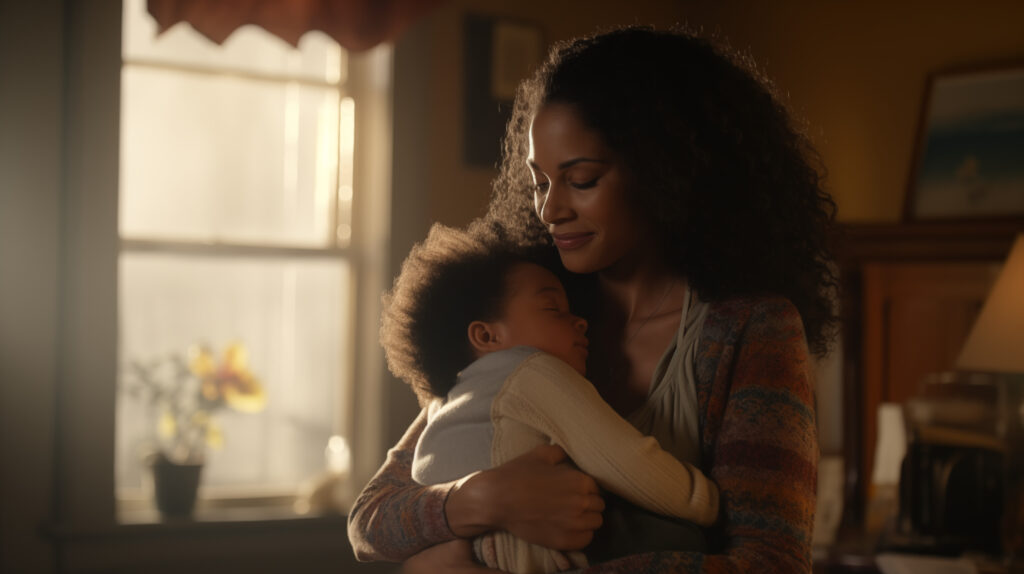
UCLA Pritzker Center for Strengthening Children and Families: Research, Practice, and Policy at Work
Previously featured in the UCLA Ed&IS Magazine Spring 2025 Issue
The Pritzker Center partners with experts across campus, practitioners and agencies, and local and state policymakers in support of on-the-ground change for the Los Angeles County foster care system.
Read Full Article
The SMASH Project
Previously featured in the UCLA Ed&IS Magazine Fall 2024 Issue
An interdisciplinary partnership between the UCLA Departments of Education and Information Studies collaborates with the Organization for Social Media Safety as part of UCLA’s Initiative to Study Hate, which brings together scholars from across campus and external partners with the aim of better understanding and ultimately mitigating hate in its multiple forms.
Read Full ArticleA Message from UCLA Wasserman Dean Tina Christie
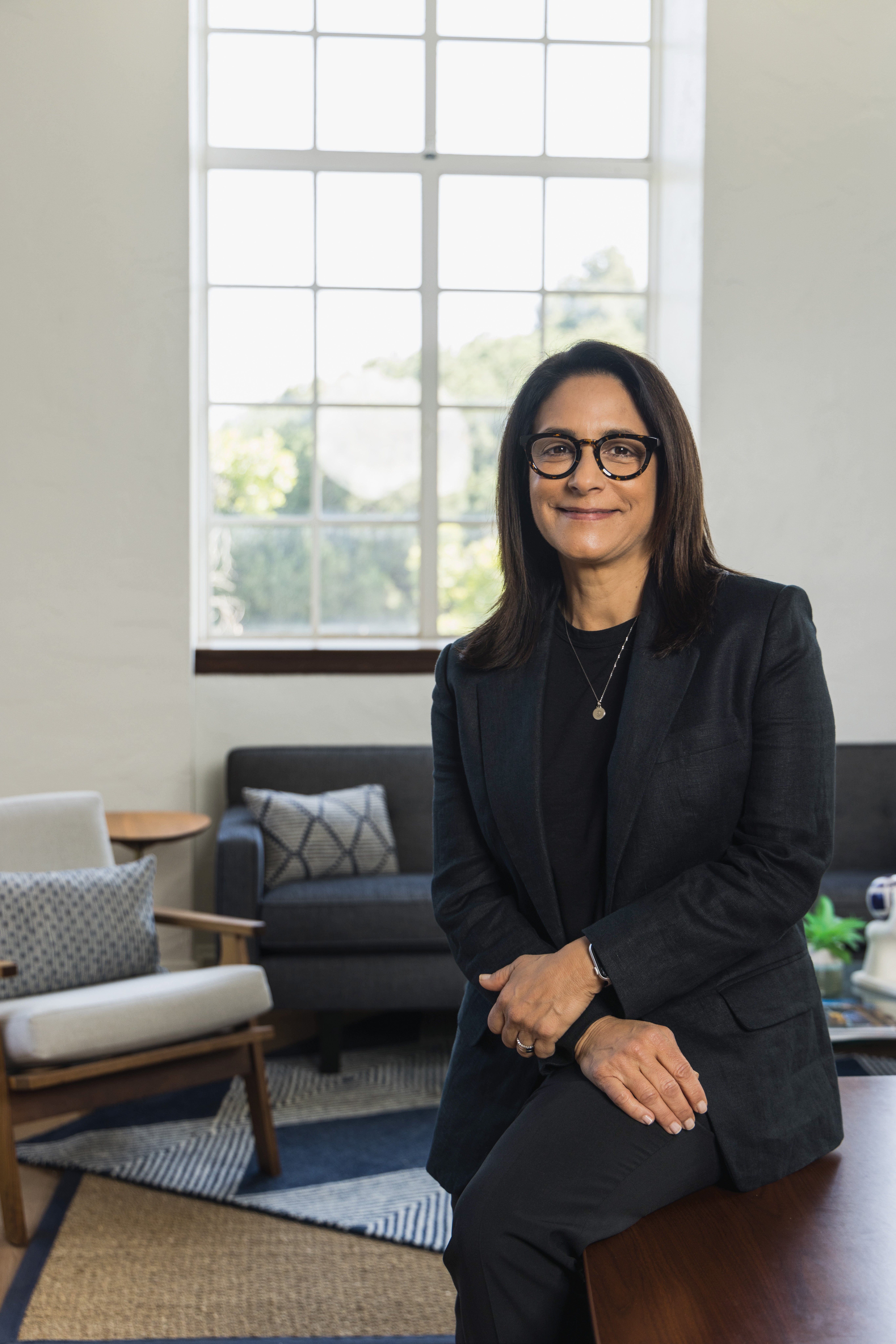
I am delighted to welcome you to this issue of the Ed&IS magazine. We work diligently to ensure that this magazine consistently celebrates the research, collaboration, and commitment to equity that characterize the UCLA School of Education and Information Studies, and this issue is no different. Throughout our community, faculty, students, and partners are collaborating to transform systems, increase access, and deepen understanding in ways that leave a lasting impact. Each story in this issue showcases the power of learning, connection, and innovation, and I hope you will read them all to see how this work is shaping a brighter, more inclusive future.
We begin with an article about the UCLA CONNECT Center at UCLA Lab School, which is reimagining what research-practice partnerships mean. In this article, we highlight how students have designed and led their own environmental study, from grant writing to data collection and sharing findings with kindergarteners. Guided by teachers Lorrie Cariaga and Jennifer Williams, and supported by Professors of Education Megan Franke and Christine Lee, students channel their curiosity and collaboration into their commitment to the environment, demonstrating the power of transformative learning and what can happen when youth feel ownership of their learning.
Next, we examine the work of the UCLA Community Archives Lab, located in the Department of Information Studies. Here, we truly see how scholarship and community can inspire each other. Founded by Professor Michelle Caswell nearly 10 years ago and now co-directed by Professors Tonia Sutherland and Thuy Vo Dang, the Lab collaborates with grassroots organizations to help communities preserve and share their histories. This work gives Ed&IS students the opportunity to experience firsthand how archives can be vibrant spaces where we listen, honor, and celebrate diverse stories.
The National Center for Research on Evaluation, Standards, and Student Testing (CRESST) at UCLA is an internationally recognized research center with decades of pioneering experience in education research. Its mission is to lead high-quality research, create innovative assessments, and promote measurement advances to improve teaching and learning globally. For over 50 years, CRESST has conducted influential research, generating innovations that have shaped current views in evaluation and assessment.
The California Rare Book School (CalRBS) at UCLA, led by Professor Robert Montoya, associate professor and chair of the UCLA Department of Information Studies, and the Martin and Bernard Breslauer Endowed Professor in Bibliography at UCLA, is shaping how the world studies and preserves the written word. Now in its 20th year, CalRBS has become a global hub for scholars, librarians, conservators, and artists dedicated to exploring the history and future of the book and archival preservation. CalRBS fosters connections among libraries and archives worldwide, focusing on material history, social justice, and the evolving ethics of preservation. Through its courses and alumni, CalRBS’s reach now extends far beyond UCLA, creating international exchanges that illuminate how books, archives, and print cultures connect communities across borders.
The UCLA Computer Science Equity Project has become a nationwide model for linking research, practice, and policy to broaden opportunities. Led by Julie Flapan, the CS Equity Project engages educators, school leaders, and families in ongoing conversations, helping to ensure that all students—especially girls, students of color, and those from low-income backgrounds—thrive in our digital world.
The UCLA Center for the Transformation of Schools, led by Executive Director Joseph Bishop and Professors of Education Tyrone Howard and Lucrecia Santibañez, works to engage educators, policymakers, and communities in addressing systemic inequities and strengthening schools—whether through research on educator diversity and student well-being or active policy engagement. The Center exemplifies how Ed&IS drives systems change and partners with the community to improve the lives of young people in California and beyond.
Finally, we turn our attention statewide to highlight the diverse efforts of the UC|CSU Collaborative for Neuroscience, Diversity, and Learning, which bridges science and practice to equip educators with the tools they need to serve every learner. Directed by Alison Yoshimoto-Towery, with Faculty Director Jennie Grammer, the Collaborative promotes evidence-based teacher preparation and inclusive classrooms. Through initiatives such as Arraya Learning—a centralized resource hub supporting educator preparation—and development of Literacy/Dyslexia Modules that translate research into practice, this groundbreaking partnership is transforming how California supports its teachers and, in turn, its students. I hope you take the time to explore each of these stories. They remind us of the power of inquiry and imagination, and they highlight how research can empower entire communities. Truly, every learner, from elementary school to those with a doctorate, can lead meaningful change.
In unity,
Tina
